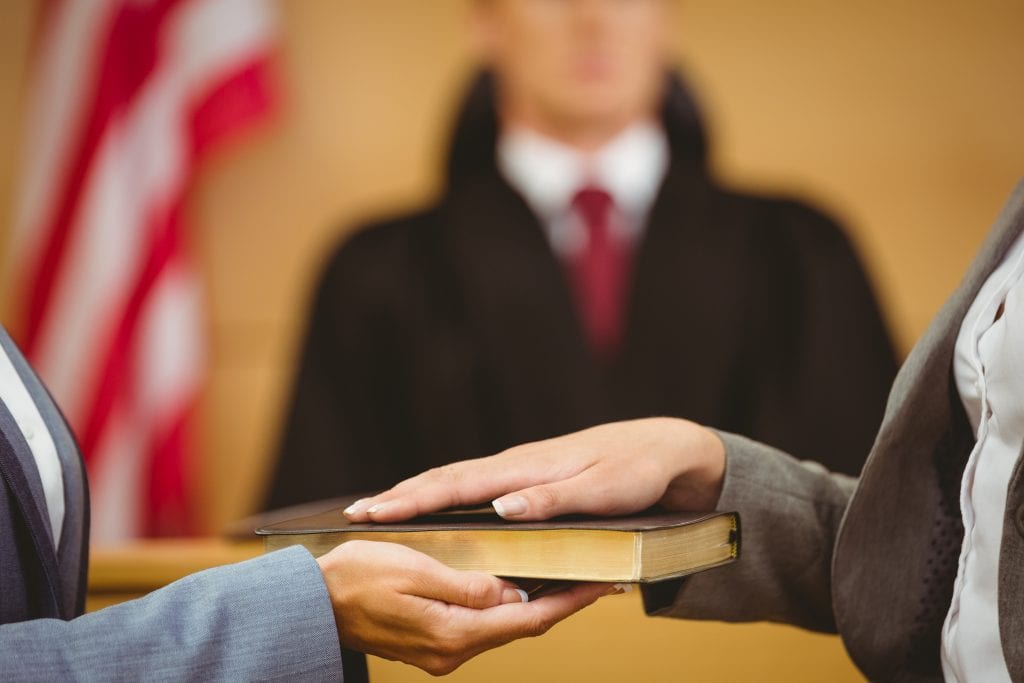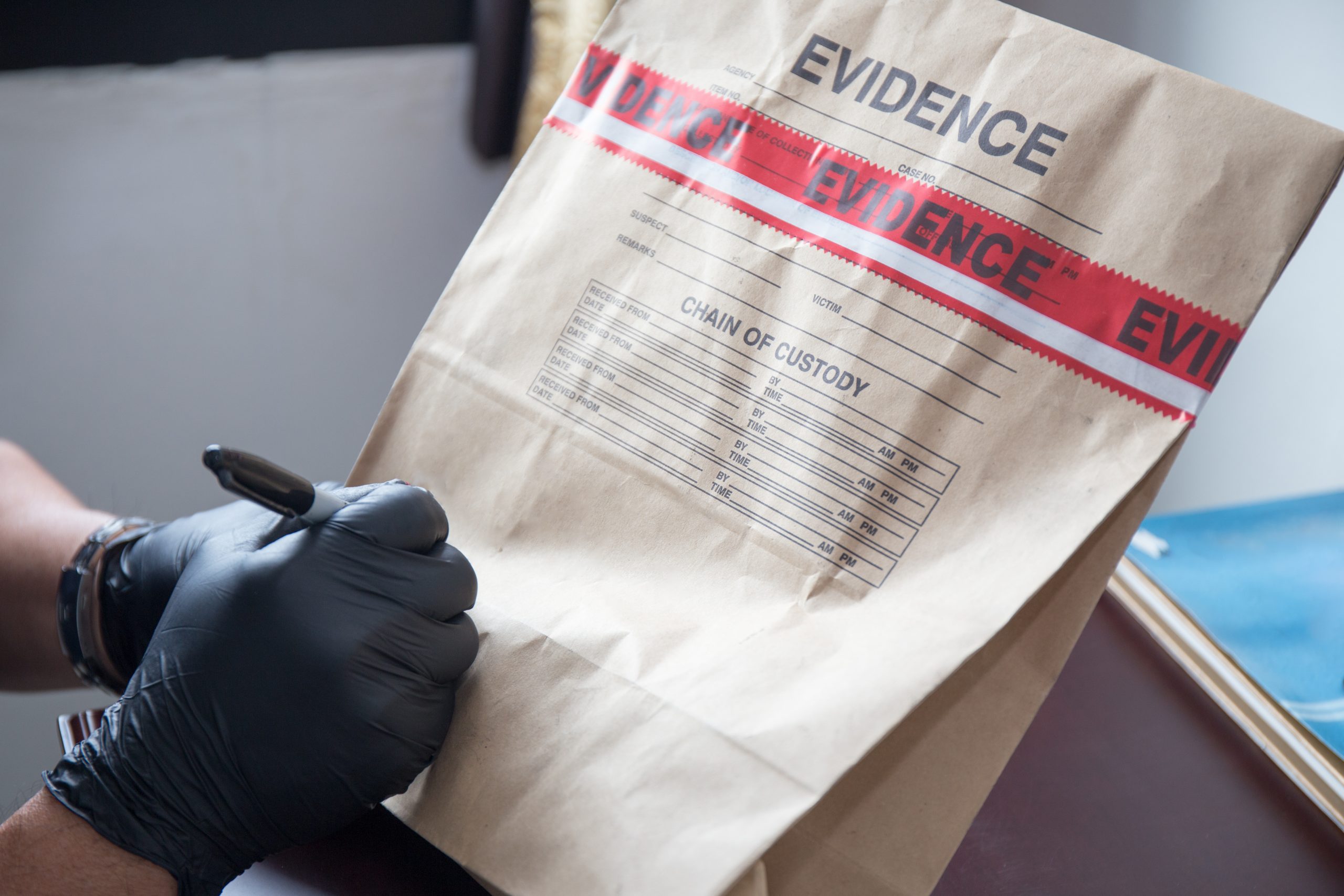In a criminal case, parties present evidence. Evidence comes in the form of documents, witnesses, photos, videos, and more. But courts do not have to allow all evidence. Some evidence is inadmissible.
In federal court, the Federal Rules of Evidence apply. These rules state what evidence courts can and cannot allow. Each state has their own set of rules, too. How judges apply these rules can impact your case quite a bit.
Which evidence is admissible?
Courts allow only relevant and reliable evidence in a case. Evidence that is not relevant or reliable is not admissible.
Relevant evidence means evidence that proves or disproves a key fact to a case. For example, a judge may allow a picture of weapons that police found at a suspects home in as evidence. But they might not allow other pictures of the home if they don’t make the charges more or less likely.
Reliability means the evidence must be trustworthy. For example, expert witness testimony must meet certain scientific standards to be reliable.
When does relevant evidence become inadmissible?
Federal Rule of Evidence 403 explains when relevant evidence becomes inadmissible in court. Parties can’t use evidence, even if relevant, when it will put undue influence on the jury.
Reasons why courts might not admit relevant evidence include the following:
- Unfair Prejudice. If evidence has the tendency to unfairly impact the jury, courts should not use it.
- Confusion. If the evidence will confuse the jury, courts don’t have to allow it in court.
- Misleading Evidence. Courts don’t allow evidence that will mislead the jury either.
- Waste of Time. Evidence that would waste the jury’s time is inadmissible.
- Cumulative Evidence. The court may not allow evidence similar in nature.
- Hearsay Evidence. Hearsay evidence is generally not allowed. It includes testimony from one person about what another person said outside of court. But there are some exceptions to this rule such as confession and dying declaration.
How these rules apply depends on your case. For example, in some cases, courts might allow bloody photographs of the victim. But, in some cases, that evidence might result in unfair prejudice. A good attorney can predict how a court will rule on these issues.

Can prosecutors use evidence obtained in violation of your constitutional rights?
No. There is an Exclusionary Rule that prohibits this. If a police officer took evidence without a valid warrant, you can request the court to remove it from your case. Your Fourth Amendment rights protect you against improper searches and seizures.
The Exclusionary Rule also protects your Fifth Amendment right against self-incrimination, too. And it also protects your Sixth Amendment right to a lawyer.
Before your trial, you or your attorney can file a motion to suppress. In that motion, you argue that the court must exclude evidence taken in violation of your rights.
The Takeaway:
Court do not allow every piece of evidence into trial. This is because there are certain rules against it. The judge can stop evidence that is not relevant, is unfair or violates your rights. You and your attorney can move to suppress improper evidence.






